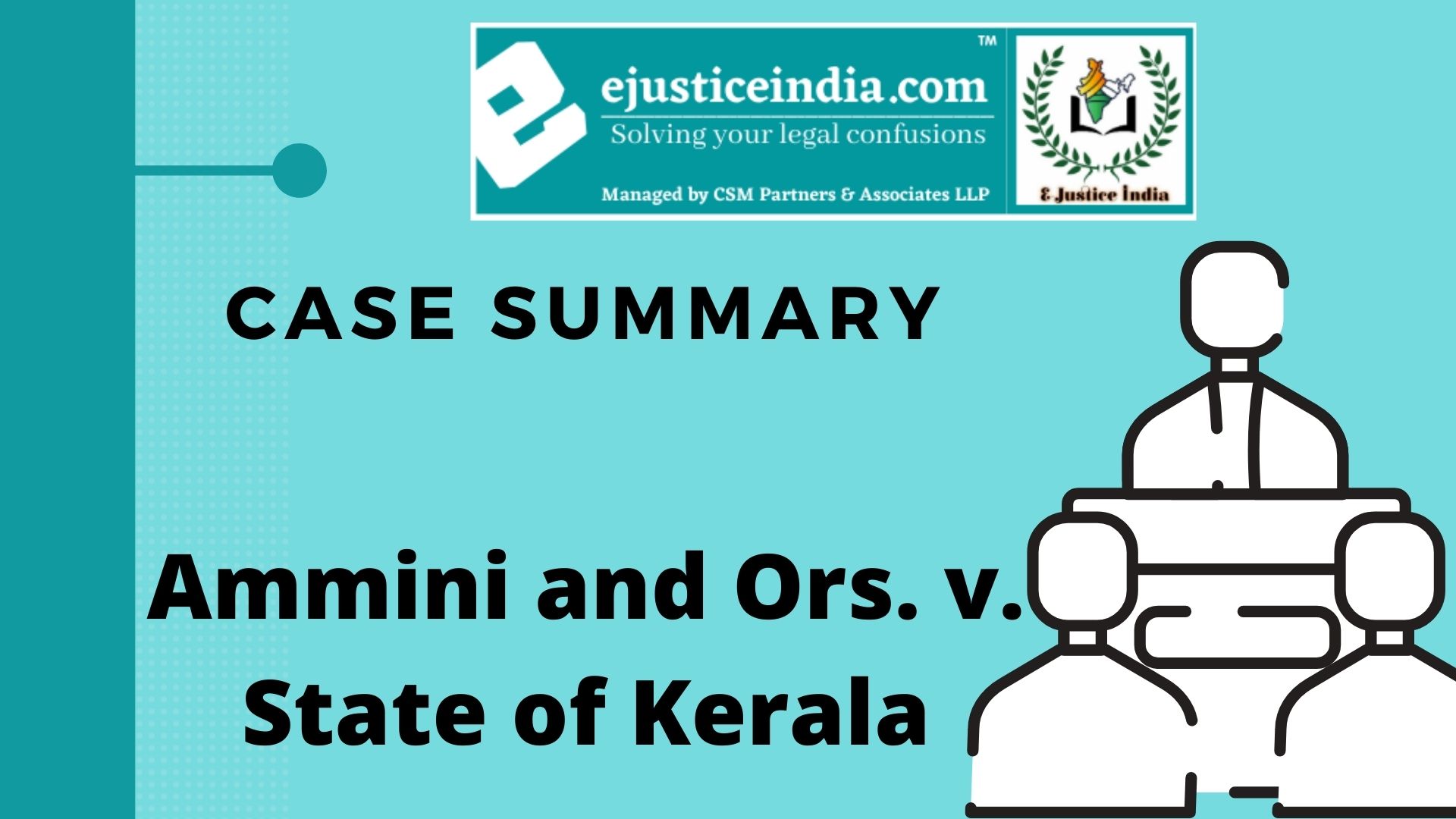Reserve Bank Of India Employees Assn. v. Reserve Bank of India And Ors.: Case Summary
Author: Mrinal Kedar
Citation
AIR 1981 AP 246.
Bench
Honorable Justice Mr. P. Choudary.
Introduction
The present case of the Reserve Bank of India Employees Association v. The Reserve Bank of India and Ors. deals with a caveat filed by the appellants apprehending that an application might be filed by the respondent. The petition filed in the present case was a revision petition under Section 115 of the Civil Procedure Code, 1908. The application filed by the respondent was to get an award of an injunction against the appellants which restrains them from keeping any meeting, orchestrate any protest, playing any musical instruments like drum beating, using of microphones etc. in the premises of the Reserve Bank of India, Hyderabad Branch.
Facts
The Petitioners defendant no 5 & 6 in the present case along with some others filed a caveat under section 148 A of the Civil Procedure Code apprehending that the respondent might file an injunction application to restrain the petitioners and others from Staging any protest, demonstration or resorting to other ways such as playing musical instruments, beating the drums and using the microphone in the premises of the Reserve Bank of India, Hyderabad branch.
The caveat was lodged with the city civil court numbered as 47 of 1980.
Thereafter, a notice was given to the plaintiffs by the petitioners on 8/10/1980 notifying them that a caveat has been entered against the application that the plaintiffs might move concerning the petitioners. After this on 27/10/1980, the two caveators were served with copies of the proposed application for grant of the injunction application and copies of other relevant documents by the plaintiffs.
The plaintiffs also notified the Caveators that they were moving their application for grant of an injunction on 28-10-1980 and the matter would be tried by the Court on that day. But the plaintiffs I.A No. 1303 of 1980 filed for the goal of obtaining interim relief was not heard on 28/10/1980.
On that day the I. A. was simply assigned to the second Assistant Judge. Hereafter the second Assistant Judge without giving any notification to the Caveators, relinquished an order of injunction as pleaded for on the 30th October 1980 restraining the respondents to the I. A. from keeping any meeting or staging any protests or resorting to playing musical instruments in the premises of the Reserve Bank of India, Hyderabad branch, pending additional orders on that application. Against this order of the second Assistant Judge, City Civil Court, Hyderabad, the Caveators filed the present C. R. P.
Issues and Facts of Law
The petitioner in the present case contended the following issues:
Whether the interim order passed by the learned judge without any notice to the caveators is null and void?
Whether the order standstill it is set aside according to the procedure known to law?
Judgement
The court in the present case opined that the powers of a Civil Court are too reverent to be permitted to be reduced or to be diminished by mere irrelevant implication. The court, therefore, held that as there is no specific provision stating any action taken by the Court opposed to its necessary duty under Sub-section (3) to give notice would be void, the order relinquished by the Court below on 30-10-1980 is not a nullity.
The court also held that the mere lodgment of a caveat would not deprive the Court of its power to pass an order even if the caveator was not informed of the date of hearing of the matter. As the lodgment of a caveat is simply a right to be notified of the hearing date and it does not affect by way of reducing the powers of a Civil Court to pass an proper order on the merits of the case, Therefore the court held that the order passed in this case on 30th October 1980 is not without jurisdiction and is, therefore, operative till it is set aside in appropriate proceedings


